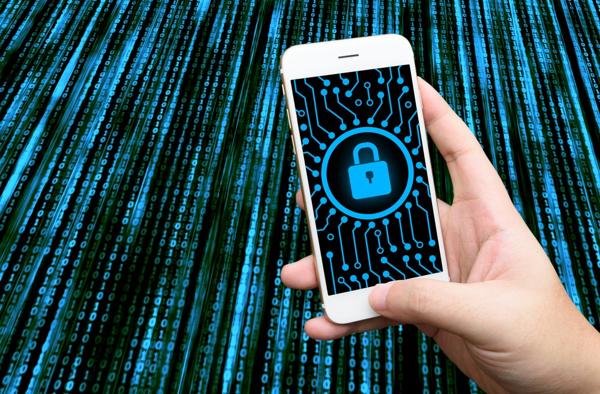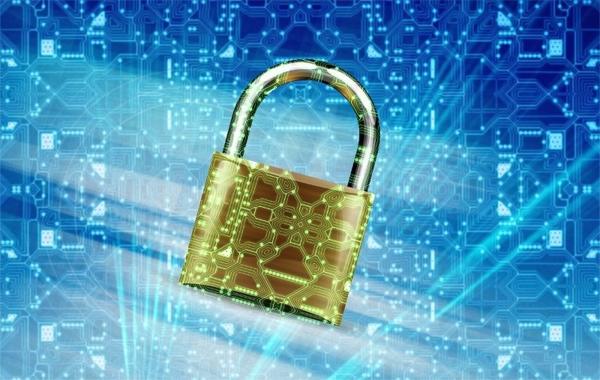The world today has gone digital, and it has led to many benefits for everyone involved. You can now trade items and services through online means, you can pay bills and taxes online, and you can even transact from the comfort of your home.

Advancements in technology have however led to an unwanted effect – the rise of identity theft. Unfortunately, it is a phenomenon that is gradually increasing, and many questions are being asked by various people regarding cyber security. It has brought the question of how customers and internet users can keep their financial data private even as they use internet services, and has led to the increasing articles on home security reviews and cyber security.
In fact, according to data from the Privacy Rights Clearinghouse, in 2005 about 9.3 million Americans were victims of identity theft. This has been reducing slowly, but still poses a threat to many people. Here are nine trusted tips to keep your identity safe.
You should only use trusted sites to make purchases

Whenever you are seeing a deal that is too good to believe, it probably is. Those deals you see as unbelievable offers will probably land you in trouble with hackers stealing your identity, especially on sites that are not secure.
Many small retailers lack secure payment services, so you are better off sticking with retailers that are trusted by many, or if it is a smaller retailer, they should be using payment services such as Google Checkout or PayPal.
Whatever site you choose to use, make sure that the bottom of the browser or the beginning of the address bar has a padlock icon or has the http sign, as that is an indicator it is safe.
Spotting phishing
Phishing is a method that identity thieves use to acquire any sensitive information you have, and they achieve this through pretending to be a site you know and trust.
They tend to be successful, since you know you are signing in to your credit card or bank account – however it is simply a ploy to get important information about you.
When you are logging into these accounts, make sure that you are not asked for information that you would not expect to give so as to log in. for instance, giving your address information or social security number should raise a red flag.
You need to also check and verify the URL of the site. If it does not begin with https or http, or the name of the address is not official such as bankofindia.com, the most likely cause would be that it is a phishing site.
Make sure you order your credit reports

This is because your credit reports are windows into your security level. In fact, credit bureaus are obligated by law to give their customers a free copy of their credit reports every year – according to the Fair and Accurate Credit Transactions Act of 2003 (applies to the U.S.).
Your credit reports reveal more than just the amount of money you spend; they also enable you to see if someone else has opened an account under your name, and allows you to take action.
Ensure you secure your networks
When you use a wireless network at your office or at home, you must secure it from viruses or possible hackers. Hackers can gain easy access to anything that you do through an unsecured network in a time limit of seconds.
It is vital that you learn to lock your router and making sure you encrypt your information. This will not affect the manner you use the network itself, but it will prevent any unscrupulous people from stealing your information.
Be wary about spam
Email is another method that is increasingly being used to steal information, all through junk e-mail or spam.
These messages tend to be from phishers, though they can sometimes contain viruses and Trojan horses that get into your computer and steal all your important information while sending it back to their creators.
To prevent this situation, it is good to install spam filter software or antiviruses (make sure they are reputable as well). This will ease the annoying process of going through spam mail and secure your data at the same time.
Avoid storing sensitive information on non-secure websites
Web applications are increasingly becoming useful, and they cover a wide range of uses. These include Google calendars and Facebook.
However with the rise of these applications, it is important to remember and ensure that you are not storing sensitive data on these sites. These applications are very useful, but it is more useful to ensure that you are not storing passwords or account numbers on these sites, since they do not have the same level of protection that a brokerage or banking website has.
Avoid reusing passwords

This is a tempting prospect, and it may seem more convenient when you have difficult passwords to memorize. However, it is good practice to use multiple passwords for different accounts that you have.
In this way, when someone gains access to your account without your permission, they cannot access your other accounts such as your email, brokerage or checking accounts. It may be less convenient to use the internet this way and memorize all the passwords you have, but it reduces the chances of getting attacked online or unauthorized people accessing your account.
Set up banking alerts
Since many banking institutions are setting up text and email alerts for some of their customers who achieve certain conditions, you can take advantage of the opportunity and set up the service. That will allow you to know every time an unauthorized individual tries to access your account.
Use security questions

It is a good idea to use multiple security questions for accessing your accounts, similar to using different passwords for different accounts.
Many financial websites will ask you security questions that other people will not know, and they will increase the security of your account.
Final thoughts
In this day and time, it is important to have a proactive role in ensuring your own security online, and that involves taking several steps to secure your information. Make sure that you are using the right sites, for instance, and you will have lower chances of suffering from identity thefts.
